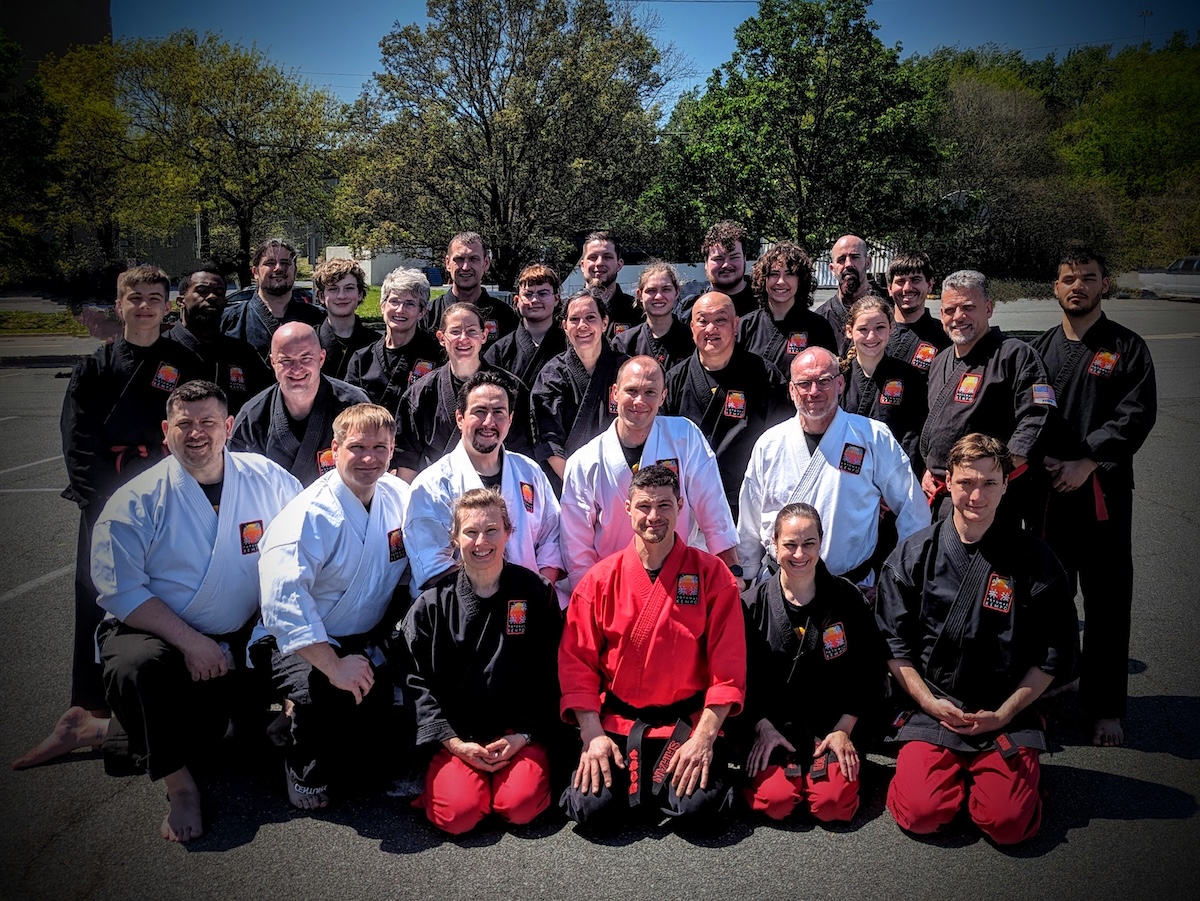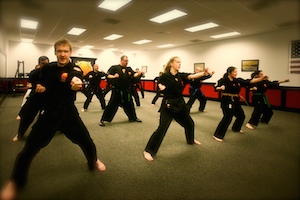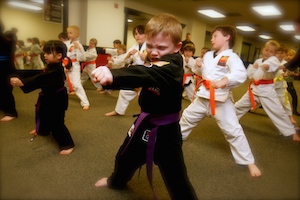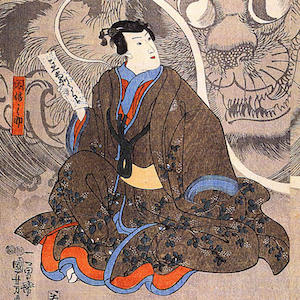 In the distant past, hand-to-hand combat was the basis for military power. Knowing a more effective way of blocking was akin to a state secret and was guarded just as tightly. In some settings only immediate family members were taught the family martial art so as to prevent an outsider from learning defensive secrets. In other environments it was taught more broadly but never to one who might be expected to misuse the information or share it where it should not be shared.
In the distant past, hand-to-hand combat was the basis for military power. Knowing a more effective way of blocking was akin to a state secret and was guarded just as tightly. In some settings only immediate family members were taught the family martial art so as to prevent an outsider from learning defensive secrets. In other environments it was taught more broadly but never to one who might be expected to misuse the information or share it where it should not be shared.
It is from this origin that Integrity became rooted in Shaolin Kempo. Being a person of Integrity means being honest and abiding by moral principles. As such, it was only a person of Integrity who could be trusted to not use martial techniques against his teacher or his teacher’s family. It was a person of Integrity who could be trusted to guard martial secrets with the care that his instructor wished. And it was only a person of Integrity who could be trusted to not misuse Kempo to hurt an innocent person.
Many things have changed since that era. Modern weapons have brought about the near obsolescence of hand to hand combat and the internet shares secrets so widely and quickly there may soon be no secrets left of any kind. These changes call into question the necessity and efficacy of screening students for integrity. However, even as this shift has taken place a more important underlying motivation for the study and exercise of Integrity has only grown in clarity — that the use of physical force must be morally justified.
In order to be acceptable, the use of physical force must be justified morally. This is true whether one is using advanced modern weapons or a fist. Though it is no longer likely that a ‘rogue’ student could do damage to an instructor or that they could share ‘secret’ information, anyone with knowledge in the martial arts is capable of harming others. As such, a right-minded instructor will never teach martial arts to an individual that can reasonably be expected to misuse that information.
From past to present, the expectation of Integrity is inextricably linked with the learning of the art. Being allowed to train is not the only reward, however. The greatest reward is one’s relationship with oneself. A life of Integrity is lived for its own sake and is its own reward.
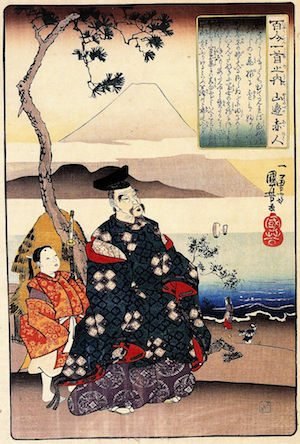 Further, there are many societal benefits to being a person of Integrity. One of the core aspects of Integrity is honesty, and a person who is consistently honest will develop a trustworthy reputation. This will improve their relationships with neighbors and engender reciprocal honesty. Further, a person of Integrity can be expected to fulfill their obligations, and as such people will be willing to enter into contracts and partnerships with them.
Further, there are many societal benefits to being a person of Integrity. One of the core aspects of Integrity is honesty, and a person who is consistently honest will develop a trustworthy reputation. This will improve their relationships with neighbors and engender reciprocal honesty. Further, a person of Integrity can be expected to fulfill their obligations, and as such people will be willing to enter into contracts and partnerships with them.
That said, and it bears repeating — a person should not choose moral behavior for societal benefits, but because it is the right thing to do.
The study of Shaolin Kempo and the accompanying cultivation of Integrity help to elevate individuals to their highest potential. It is hard to imagine that when the first teacher taught the first student how to block and punch they saw the cultivation of self as the highest goal. However, through time and generations we have found that Kempo not only offers an opportunity for screening new learners for Integrity but also acts as a crucible for its development.
Do what is right.
